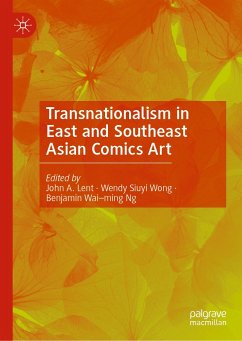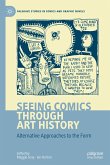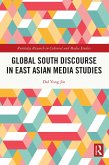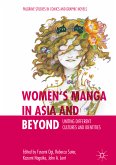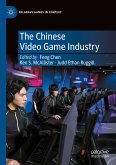This book explores various aspects of transnationalism and comics art in six East Asian and seven Southeast Asian countries/territories. The 14 richly illustrated chapters embrace comics, cartoons, and animation relative to offshore production, transnational ownership, multinational collaboration, border crossings of comics art creators and characters, expansion of overseas markets, cartoonists in political exile, colonial underpinnings, adaptation of foreign styles and formats, representation of other cultures, and more.
Using case studies, historical accounts, descriptive overviews, individual artists' profiles, and representational analyses, and fascinatingly told through techniques as document use, interviews, observation, and textual analyses, the end result is a thorough, interesting, and compact volume on transnationalism and comics art in East and Southeast Asia.
John A. Lent is a professor emeritus with 50 years of teaching and is founding publisher/editor-in-chief of International Journal of Comic Art. He is the author or editor of 85 books and a pioneer in studies of Asian and Caribbean mass communication, popular culture, comic art and animation, and development communication.
Wendy Siuyi Wong is a professor in the Department of Design at York University in Toronto, Canada. She is the author of Hong Kong Comics: A History of Manhua (2002), published by Princeton Architectural Press, and her latest book, entitled The Disappearance of Hong Kong in Comics, Advertising and Graphic Design (2018), published by Palgrave Macmillan.
Benjamin Waiming Ng is professor of Japanese Studies at the Chinese University of Hong Kong. He researches and teaches Japanese history, Japan-Hong Kong relations, and Japanese popular culture. He is the author of Japanese Popular Culture in Hong Kong (Hong Kong Commercial Press, 2015).
Dieser Download kann aus rechtlichen Gründen nur mit Rechnungsadresse in A, B, BG, CY, CZ, D, DK, EW, E, FIN, F, GR, HR, H, IRL, I, LT, L, LR, M, NL, PL, P, R, S, SLO, SK ausgeliefert werden.

